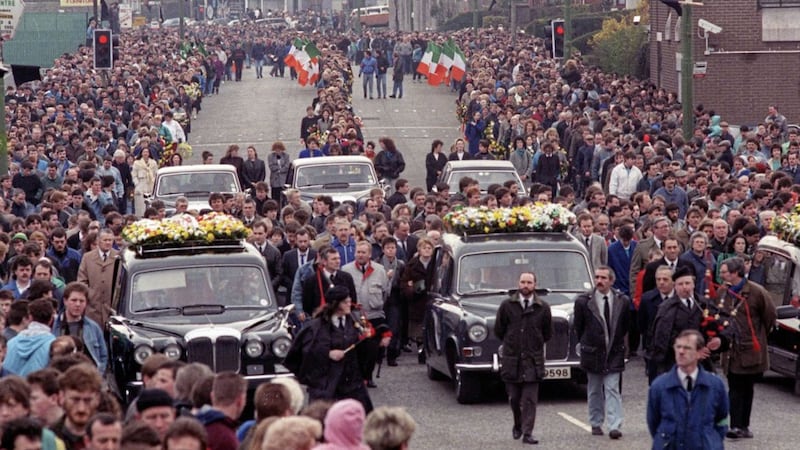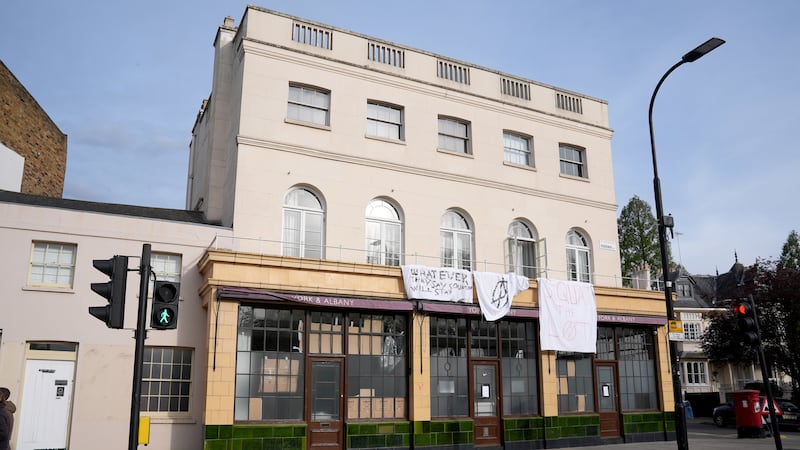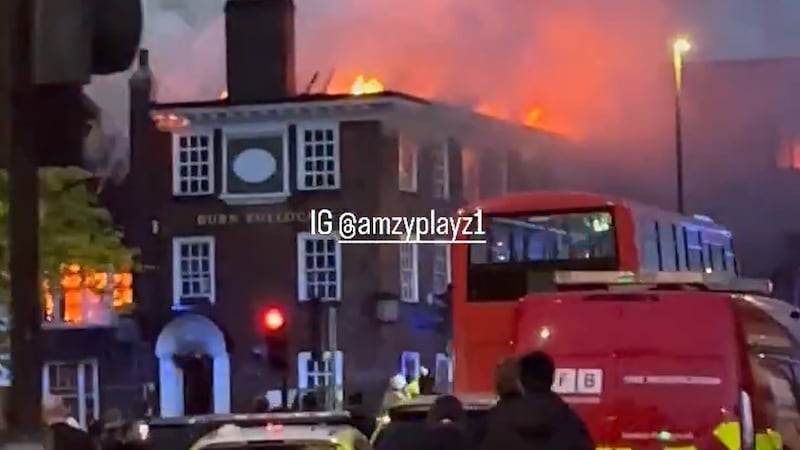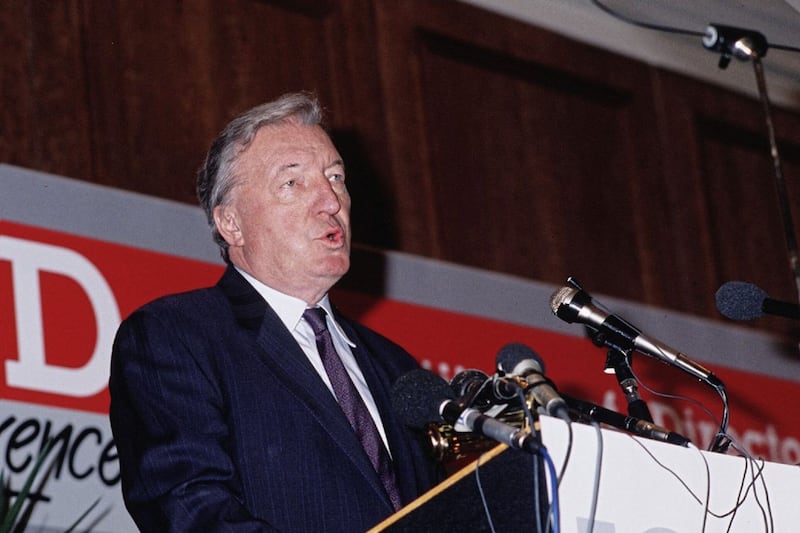CHARLES Haughey "implored" the British government to keep the bodies of three IRA members shot dead by the SAS in Gibraltar out of the Republic, previously undisclosed documents reveal.
The reaction of the then Taoiseach to the 1988 killing and his appeal to the British to avoid the return of their bodies to Dublin is disclosed in previously confidential State Papers released today.
Three unarmed IRA members - Sean Savage, Daniel McCann and Mairead Farrell - were shot dead by the SAS on March 6 1988.
Mr Haughey's hostility to any return of the remains of the 'Gibraltar Three' to the Republic was the subject of correspondence between Charles Powell, private secretary to the British Prime Minister Margaret Thatcher and R N Culshaw, his opposite number in the Foreign Office.
Writing to Mr Powell on March 10 1988, Mr Culshaw revealed Mr Haughey had that afternoon "implored us personally through HM Ambassador in Dublin to ensure that the bodies of the three PIRA terrorists, shot in Gibraltar, were kept out of the Republic at all costs".
"He made it clear that he would not admit to this request in public," he wrote.
The official revealed the Taoiseach suggested the RAF might fly the bodies direct to Belfast, but Mr Powell responded by saying, for the British, Mr Haughey’s proposal had the attraction of scuppering the relatives' plans.
The three families wished their loved ones bodies to be taken to Dublin by chartered aircraft "in order that they might secure the maximum political advantage for Sinn Féin".
Moreover, once the bodies were in the Republic, the families might induce the Irish authorities to instigate a separate inquiry into the events at Gibraltar.
For the Foreign Office, Mr Culshaw ruled out the use of the RAF to fly the bodies home.
"The problem with how to manage any issues in the Republic must be for Mr Haughey himself; after all, he has done a good deal to create them," he said.
The official said he had discussed the matter with Mrs Thatcher "who entirely agrees".
Mr Haughey's anger at violence in the north, particularly the killing of Catholic man Aidan McAnespie at a border checkpoint in Co Tyrone, is also revealed in documents.
Mr McAnespie was on his way to a Gaelic football game on February 21 1988 when after walking past the British army checkpoint on the border near Aughnacloy, was killed by a machine-gun bullet fired from the checkpoint.
A member of the British army was charged subsequently with unlawful killing.
In a statement to the Dail on March 1 1988, Mr Haughey revealed the Irish government had conveyed its concern at the shooting to the NI Secretary, Tom King at a recent Intergovernmental Conference.
Mr Haughey told the Dail that in view of deep public concern, the Irish government had directed the Garda Commissioner to institute an inquiry into the shooting, carried out by Deputy Commissioner Eugene Crowley.
The matter was raised by Mr King with the head of the Irish Secretariat, Mr Sean O hUiginn at a meeting in Belfast on March 15, 1988.
According to the minutes, Mr King referred to "the unfortunate way in which the Crowley (Garda) Inquiry had been launched".
He sought an assurance that, if there should regrettably ever be a similar incident, there would be prior consultation with the British.
In another confidential despatch to the Foreign Office by the British Ambassador to Ireland, Nicholas Fenn reported on a "sombre" meeting with the Taoiseach on March 11 1988.
"He is suspicious, resentful and hyper-cautious on devolution (in Northern Ireland) but he seems still to be looking for a way forward," said Mr Fenn.
Mr Fenn informed his boss, the British Foreign Secretary, Sir Geoffrey Howe: "I spent an hour with the Taoiseach. He was preoccupied by the recent catalogue of horrors and was unable to rid himself of the notion that someone somewhere in the British government machine had been orchestrating this scenario.
"I told him roundly that this was nonsense …"








